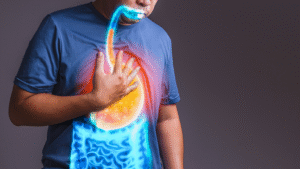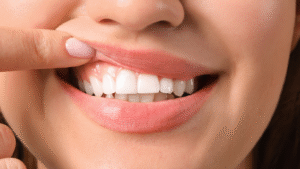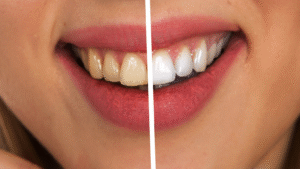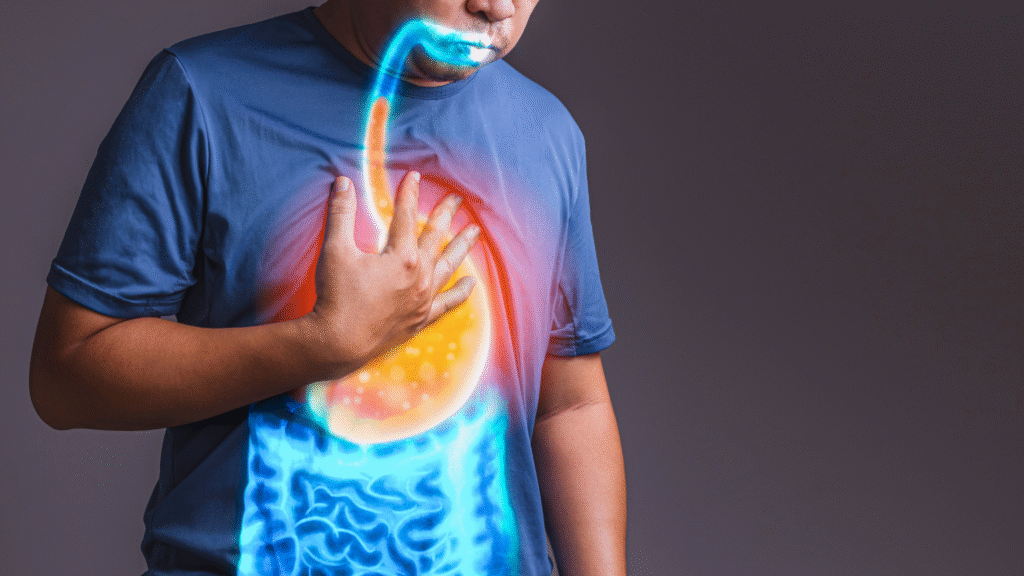Bruxism is a widespread issue where an individual habitually grinds, clenches, or gnash their teeth. While minor cases might resolve on their own, severe teeth grinding can lead to serious consequences, including irreversible tooth damage, chronic jaw pain, and debilitating headaches.
Since this condition often occurs subconsciously or during sleep, many patients are unaware they have it until a dental professional spots the signs. Timely intervention by a Utah dentist is essential to protect your smile and improve your quality of life.
Key Factors that Trigger Teeth Grinding
The development of this condition is typically influenced by a combination of lifestyle and internal factors:
| Primary Factors Affecting Bruxism | Description & Impact |
| Psychological Stress | High levels of anxiety, stress, anger, frustration, or nervousness are the leading catalysts for clenching. |
| Lifestyle & Habits | Regular intake of caffeine and alcohol, particularly before bed, as well as smoking, can significantly intensify grinding. |
| Genetic Links | A family history or genetic predisposition may increase an individual’s susceptibility to developing bruxism. |
| Pharmaceutical Triggers | Certain medications, specifically those used for managing depression, seizures, or ADHD, may elevate your risk of teeth grinding. |
Recognizing the Symptoms of Bruxism
If you experience any of the following signs, it’s time to consult with a specialist at Professional Dental in Utah.
| Affected Area | Signs Indicating Teeth Grinding |
| Teeth and Gums | Worn tooth enamel, resulting in increased tooth sensitivity or pain; teeth that are cracked, chipped, or have become loose; flattened chewing surfaces. |
| Jaw and Muscles | Chronic pain or soreness in the jaw muscles; tightness or stiffness when opening the mouth; muscle fatigue in the jaw region. |
| Head and Face | Frequent, dull tension headaches (especially upon waking); generalized facial pain. |
Our Advanced Diagnostic Process
At Professional Dental, we utilize thorough methods to accurately diagnose your condition, ensuring the most effective treatment plan for your needs.
| Diagnostic Step | Purpose |
| Detailed Patient Consultation | To gather essential data on symptom timing, severity, and potential stressors contributing to the grinding. |
| Comprehensive Clinical Exam | To identify direct dental wear or damage caused by the habit and locate painful muscle trigger points. |
| Sleep Study (Polysomnography) | To objectively confirm sleep-related bruxism and rule out other underlying sleep disorders (like sleep apnea). |
Customized Treatment and Relief at Professional Dental
Protect your oral health with a treatment plan tailored by our experienced team. We offer a range of solutions, including custom night guards and restorative procedures.
| Treatment Strategy | Goal and Professional Dental Service |
| Behavioral Therapy | Habit modification to retrain the resting position of the mouth and reduce both day and night clenching. |
| Stress Management | Mitigate the body’s stress response to decrease the intensity and frequency of clenching episodes. |
| Custom Oral Appliances | Create a physical barrier between the upper and lower teeth to prevent damage and reduce muscle tension. |
| Dental Restoration | Repair and restore teeth that have been cracked, chipped, or severely worn down by chronic grinding. |

Ready for Relief? Contact Professional Dental Today!
It’s time to stop the grind and start sleeping better.
If you are experiencing any symptoms—from worn-down teeth to persistent jaw soreness—we urge you to seek professional care immediately. We’re here to provide the comprehensive evaluation you need to identify the root cause of your bruxism and develop an effective treatment plan.
Call us now at (801) 785 – 8000 or visit any of our Multiple Locations Throughout Utah to schedule your comprehensive evaluation.








